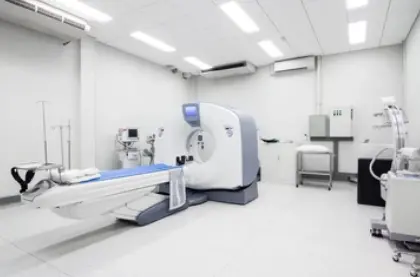 Welcome
Welcome
“May all be happy, may all be healed, may all be at peace and may no one ever suffer."
- A
- B
- C
- D
- E
- F
- G
- H
- I
- J
- K
- L
- M
- N
- O
- P
- Q
- R
- S
- T
- U
- V
- W
- X
- Y
- Z
Bacterial prostatitis - Generics
Bacterial prostatitis is a bacterial infection of the prostate gland, which is a small gland located between the bladder and the penis in men. Bacterial prostatitis is usually caused by a bacterial infection that has spread from the urinary tract or from the bloodstream.
Symptoms of bacterial prostatitis can include pain or discomfort in the pelvic area, difficulty urinating, frequent urination, urinary urgency, fever, and chills. In some cases, blood may be present in the urine or semen. Bacterial prostatitis can also cause sexual dysfunction, such as painful ejaculation or erectile dysfunction.
Diagnosis of bacterial prostatitis involves a physical examination, medical history review, and laboratory tests to identify the presence of bacteria in the urine or prostate fluid. Treatment for bacterial prostatitis involves the use of antibiotics to eliminate the bacterial infection. The choice of antibiotic may depend on the specific type of bacteria causing the infection and its antibiotic susceptibility. In some cases, hospitalization may be necessary for severe cases of bacterial prostatitis.
Prevention of bacterial prostatitis involves maintaining good hygiene, such as washing hands frequently and practicing safe sex. Drinking plenty of fluids and emptying the bladder frequently can also help reduce the risk of bacterial prostatitis by flushing out any bacteria that may be present in the urinary tract.

Cardiac stress test

Male hypogonadism

Crush injuries

Eclampsia

Familial Mediterranean fe...

Diagnostic procedures

Renal cell carcinoma

Genital warts
Bacterial prostatitis, ব্যাকটেরিয়াল প্রোস্টাটাইটিস
To be happy, beautiful, healthy, wealthy, hale and long-lived stay with DM3S.